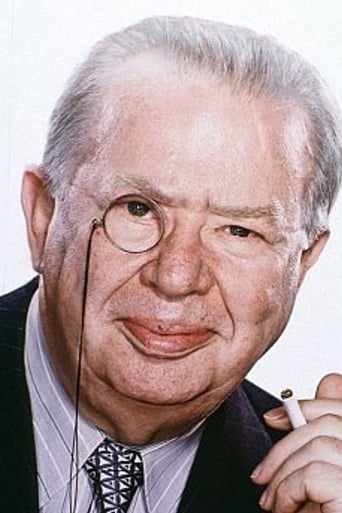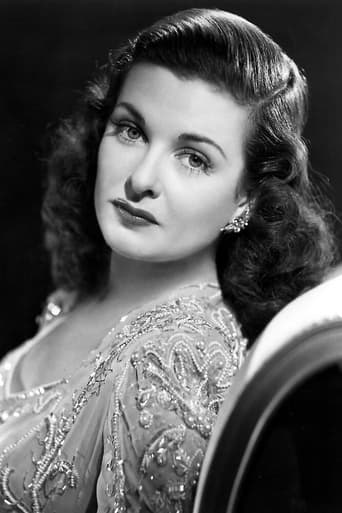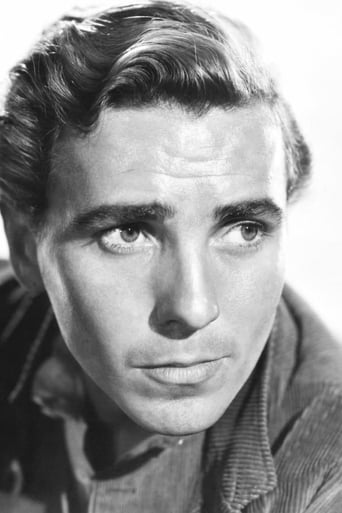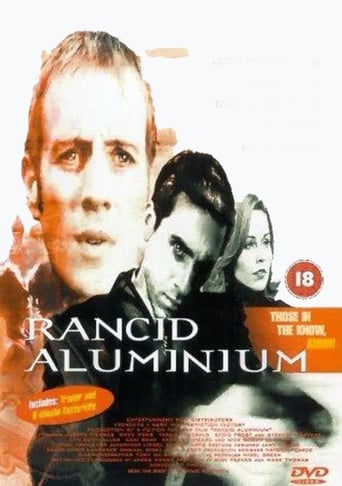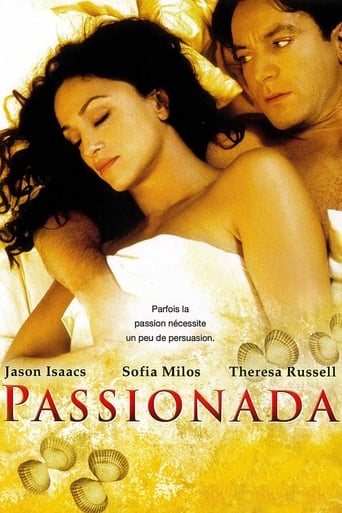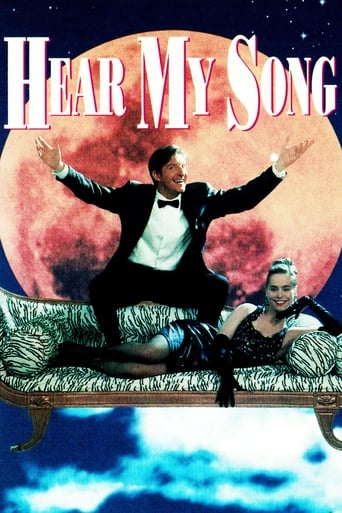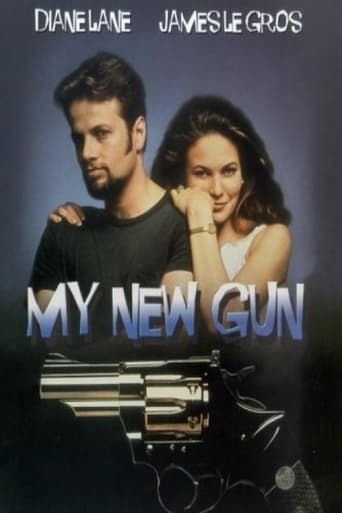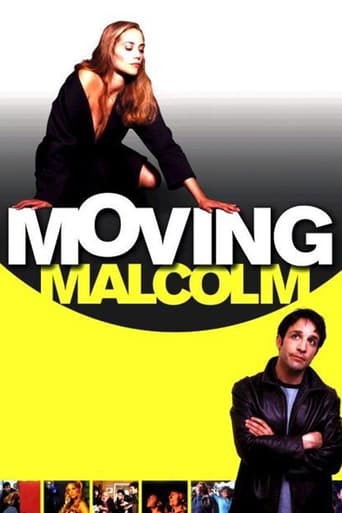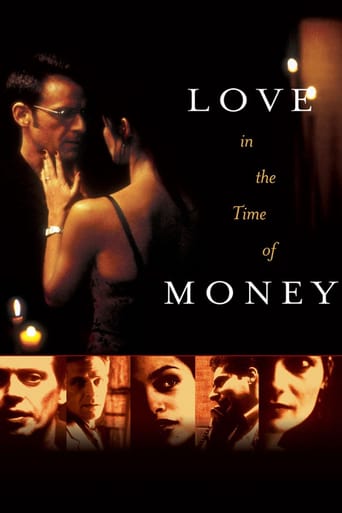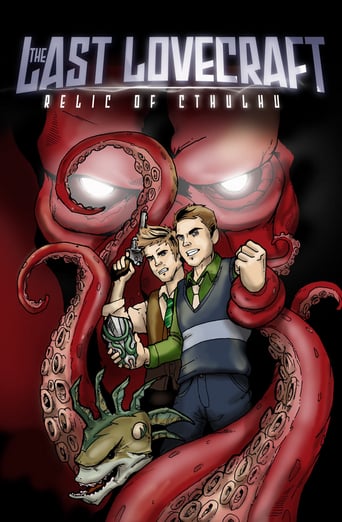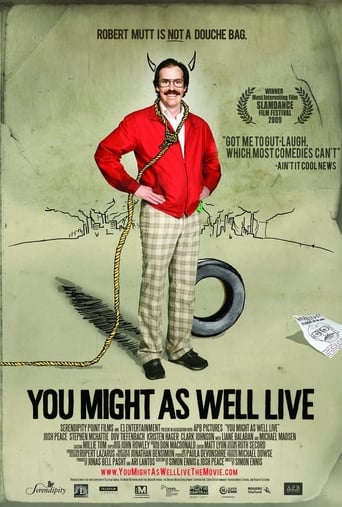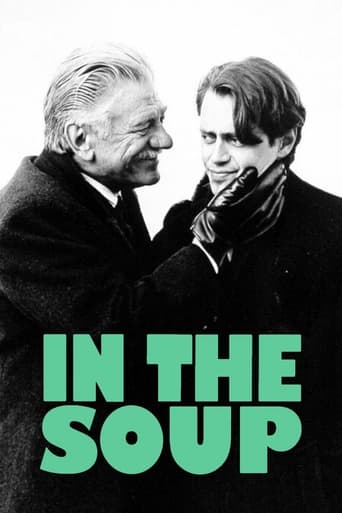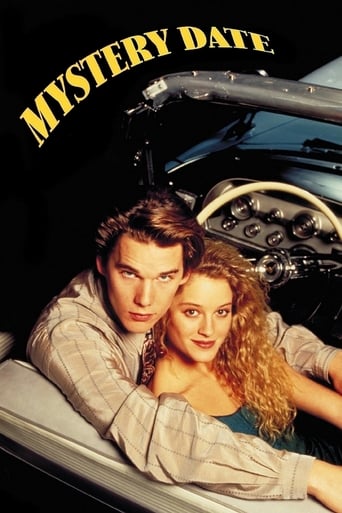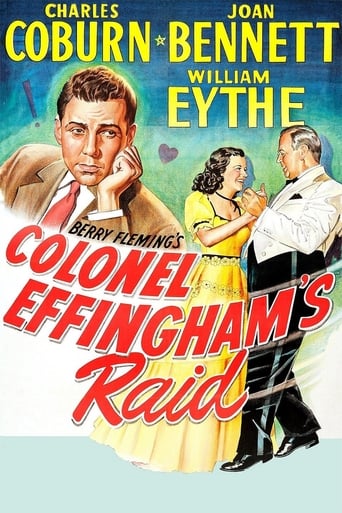
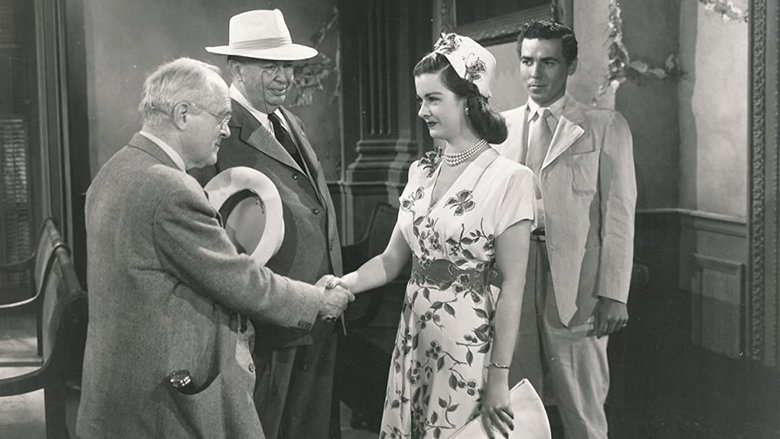
Colonel Effingham's Raid (1946)
The story takes place in 1940. On the eve of America's entry in World War II, a colonel retired to his small Southern town, and discovers that there is a plan afoot to tear down Confederate Monument Square. He begins a campaign to rally the townspeople to save the square.
Watch Trailer
Cast


Similar titles
Reviews
An Army colonel retires to his childhood home in 1940 Georgia in this 20th Century Fox film. Released in January 1946, this is one of the first films made after World War II. The war is just beginning in this story that's based on a novel by Berry Fleming. The story is about the colonel, Will Seaborn Effingham, played by Charles Coburn. It's seen through the eyes of his second cousin once removed, Albert Marbury (played by William Eythe). The setting is the fictitious town of Fredericksville, Georgia. Cousin Willie (the colonel) asks Albert about Fredericksville, and Albert says it's "just like any of a hundred towns in Georgia." The colonel asks, "What's the population now?" Albert says, "Oh, about 30,000." The colonel asks, "How many voted in the last election?" Albert answers, "Oh, four or five thousand, I'd say." The colonel then says, "You mean 25,000 took no part in the action?" I don't know if that was supposed to be part of the comedy – implying that the entire population of the town was of voting age. If not, it was a gaffe on the part of the screenplay. The latter may be the case, because the script for this film is weak. It seems disjointed and not well tied together. The comedy is very light, and it's even amateurish in places. In three scenes where Albert notices Ella Sue's legs (Joan Bennett), the film has a weird and clumsy whistle sound over. The colonel takes on the local pols when he writes a column for one of the two town's newspapers. Albert happens to work for it as a reporter. Ella Sue is the society editor. This could have been a very good film with a tight script and some crisp, fresh dialog and humor. But, it's a nap time film, mostly. The only reason to watch it is for Charles Coburn and Thurston Hall – one of the best early Hollywood character actors of bombast. He's the bloated mayor of the town. They are the only two who have worthwhile roles and seem to give them some effort.Eythe's Albert is mostly droll throughout. His part may have been written that way in the book. Whether or not, it comes across that way. He just comes to life in a closing scene. Joan Bennett's Ella Sue was well below her talent and abilities, and the rest of the cast are forgettable. See the Quotes section under this IMDb Web page on the movie for the few funny lines. My favorite line in the film is is one by the colonel: "A community's history is its family tree."
Coburn is Col. Effingham, recently retired from the U.S. Army and returned to the home town he left as a youth. It's 1940 and things have changed for the imperious old battle horse. He finds the "Home Folks Party", the mayor and his relatives, control everything in Fredericksville. They're corrupt and Coburn wangles a column in the local newspaper, stirring people to revolt against the changes introduced by the Home Folks Party. Why, they want to change the name of Confederate Memorial Square to Toolen Square, after some political bigwig.Let us make this as clear as the movie makes it. Charles Coburn is fighting to bring a halt to social change and bring back the venerable Confederate values of General Lee. They survived Sherman's march and they kicked out Reconstruction. Working women are scoffed at. The African-American "orderly" is given orders and happily marches around to a drum beat, when he's not being humiliated in swordplay with the colonel. (He's happy, though, except when cowering in fear.) It's kind of instructive though. The Home Folks party agrees to keep the name of Confederate Memorial Square and even beautify it with trees. At the same time they'll replace the 180 year old court house with a new one, meaning a work contract for the mayor's brother-in-law. We see the same dynamic at work in today's Congress. They attach "riders" to important legislation. The bill winds up looking like this: "We agree to continue funding the United States Armed Forces. PS: We will change the name of Fort Hancock to Fort Armistad." The battles continue between Coburn and his increasing number of supporters on the one hand, and the Home Folks party and its mayor on the other. The immortal Bess Flowers appears as a party guest. As the tale grows more serious, you'll find yourself rooting for Colonel Effingham and his "troops". The ending is a Capraesque caper.In the end, despite all the echoes of the Confederacy, I don't really see this as a message that the South was, and should continue to be, a paragon of old-fashioned virtue. The story could have taken place anywhere that had a bit of regional identity. Instead of the Confederate Memorial Square, it might have been the statue of the Minuteman at Concord. Instead of a community fight over tearing down the old courthouse, it might have been a disagreement over getting rid of Plymouth Rock and replacing it with a shopping mall owned by the mayor's brother-in-law.More important, it's an inoculation in 1940 for the coming war, just a taste of it, to get the adrenal medullas into shape. The narrator, a handsome young newspaper man, joins the Georgia National Guard and is introduced to a water-cooled Browning .30 caliber machine gun. There is a discussion about Fredericksville not being isolated from events in Europe, which are periodically alluded to. Colonel Effingham represents the practically, the adherence to tradition, and the élan of the military. He stirs things up. "Why did he have to come back here," moans the narrator, "when we were so peaceful and contented.""Colonel Effingham's Raid" was from a novel written by Georgian Barry Fleming and published in 1943. I imagine it was begun a year or two earlier, when the war had just begun or even maybe before Pearl Harbor, when isolationist sentiment was strong. Fleming was no retrograde pinhead. He'd been graduated from Harvard, spent some years in France, lived in New York, and his work was acclaimed by such respectable sources as the New York Times.
That is the basic theme of this Capra-esquire comedy starring Charles Coburn as the titled character, a colonel forced to retire who returns to his small Georgia home town he hasn't been in for years. He takes up a voluntary reporting job supposedly on the war. But he takes up a stand on local corruption, and becomes a public hero. Coburn is a force of nature as he takes on the politicians and money men, who as usual, are presented as old fuddy-duddies who don't appreciate his intrusion. But Coburn proves he is much more than a feisty senior citizen as he goes out of his way to show that a supposed civil war hero was nothing of the sort and not worth being honored by having a park renamed in his honor. The powers-that-be are not only angered by Coburn, but by the showing of support towards him by the majority of the public.In the background of this story, fellow reporters William Eythe and Joan Bennett stand with Coburn, but their romance is secondary to Coburn's feisty performance. He does a brief mean samba with Bennett to a Carmen Miranda tune, makes the town think about what is going on behind the scenes of their supposedly honest government, and turns the paper around. A nice moment comes when pages of the newspaper are displayed with quiet sound effects until an explosion is heard over the sight of Coburn's column.After winning the Oscar for "The More the Merrier", Coburn went from being a beloved character actor to one whose appearance in films were equal, if not greater, than the younger stars in the film. In this cast, he is surrounded by a virtual who's who of Hollywood's greatest character actors (among them Elizabeth Patterson as his sister and Thurston Hall as the mayor) who bring on the perfect 40's small town atmosphere, and they are excellent.A short and sometimes seemingly abridged social comedy with a Frank Capra like feel to it, "Col. Effingham's Raid" is enjoyable on many levels, but feels like it's missing a few necessary details.
So, looking at the cast, you KNOW its going to be pretty good, and probably a comedy, with Charles Coburn (starred in Gentleman Prefere Blondes), and regulars Donald Meek, and Cora Witherspoon. Many of the roles on IMDb were either "scenes deleted" or "uncredited", so there must be a story there somewhere. Meek, Witherspoon, and Bobby Barber were in just about every black and with movie made in the 1930s and 1940s. Also stars Joan Bennett, and William Eythe, but their parts aren't that big. In our story, retired Colonel Effingham decides he wants to write a column in the local town paper, and becomes a local hero. But then, writing isn't enough, and he starts making waves, and taking action... We knew SOMETHING was going to start happening, since right from the beginning, he quotes sayings from the military, and treats everyone around him as if they WERE in the military. City Hall doesn't like the things he's doing, and now there's trouble brewing! It's the Mayor and his cronies versus the Colonel. The mayor is played by Thurston Hall, who was born in 1882, and had started in silent movies in 1915. Looking at his list of roles, Hall always played the governor, the senator, the major. There are some clever lines here, and no plot issues, but the story itself is plain and simple, and a little slow-moving. Also a little annoying is the narrator who occasionally breaks in with his personal comments (his cousin ?). Although this is the only entry in IMDb for the original author Berry Fleming, a search on Library of Congress shows numerous works by Fleming, translated in various languages. Released in Atlanta, Georgia, in January 1946, the last thing we see on the screen is "Buy Your War Bonds in this Theater". WWII had just ended, after all.


